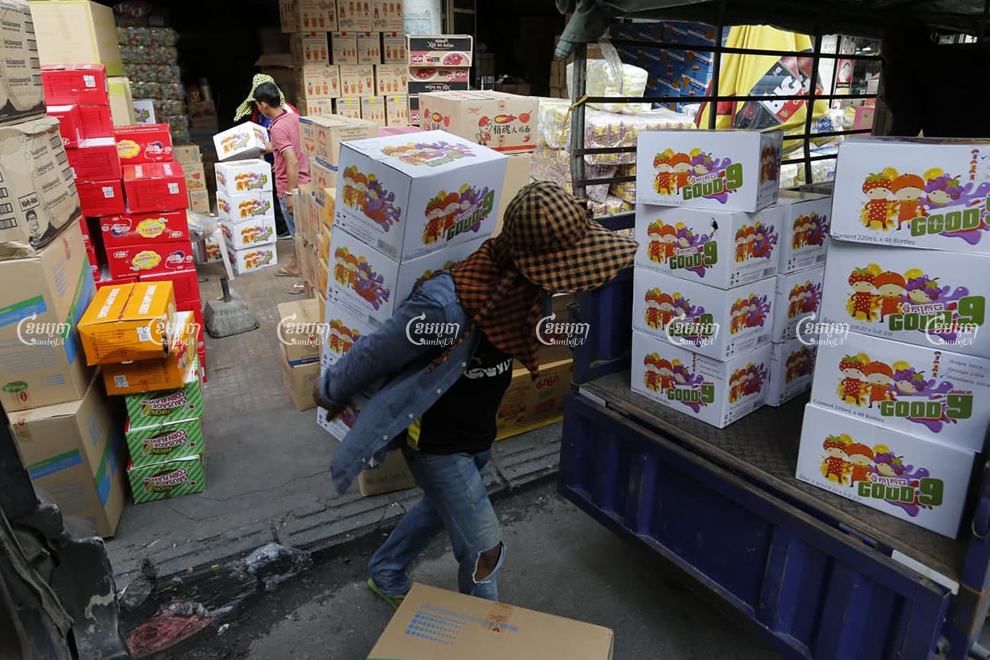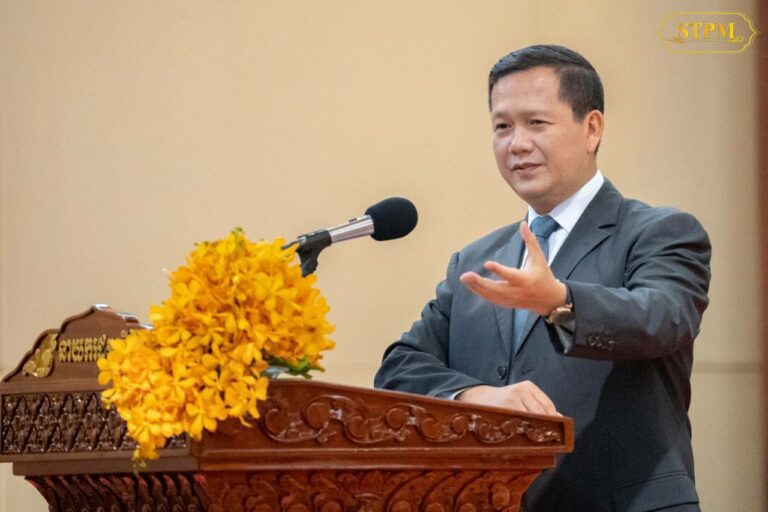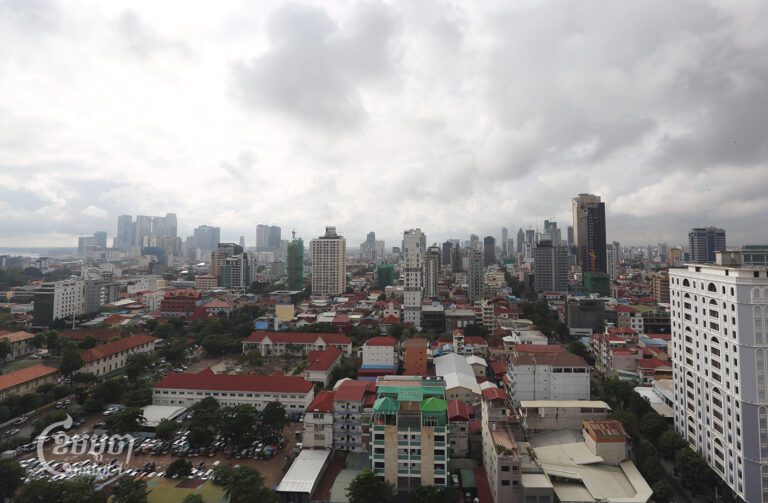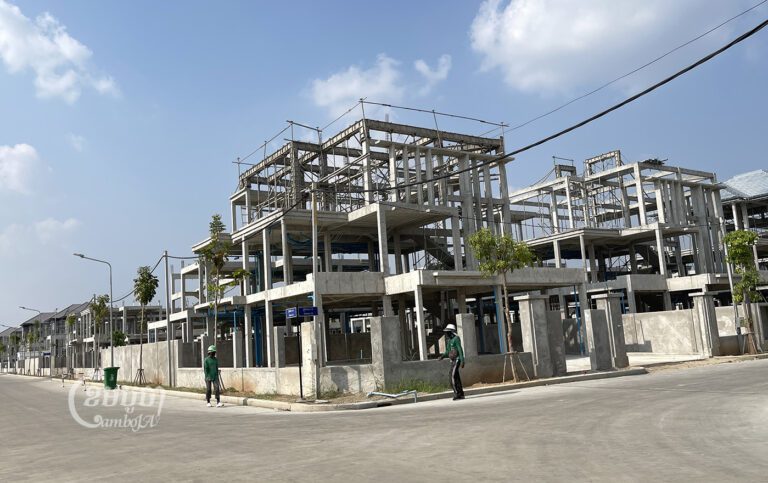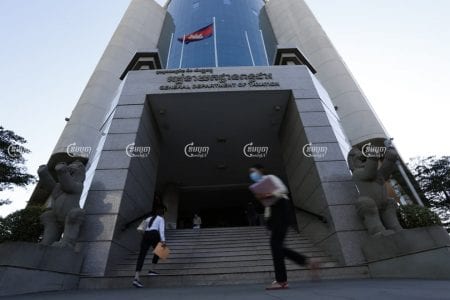In a bid to bolster the economy and consumption, the Cambodian government has reduced import taxes on products used in the manufacturing industry and to support the country’s small and medium enterprises, which have been worst hit by the COVID-19 pandemic.
The announcement, signed by the Prime Minister Hun Sen on 16 December, reduced taxes on materials critical to textiles manufacturing and others used by small and medium enterprises (SMEs).
Of the taxes reduced, levies on materials used in food processing and petroleum products were slashed to zero. Taxes on materials used in the alcohol products and electronic and home appliances were reduced from 35 to 7 percent. The taxes will be effective January 1, 2021.
Meas Soksensan, spokesperson at the Ministry of Economy and Finance, said the decision was in line with the government’s policy to promote SMEs, and refused to comment further.
The Cambodian economy has been battered by the COVID-19 pandemic, especially the critical garment manufacturing and tourism sectors. The government had already provided tax breaks for aviation and tourism businesses in April, which was extended in July.
Unemployed workers in the tourism and garment sectors were given small cash payments, and the government has increased spending on the “IDPoor” project, which now provides direct cash payments to families dealing with poverty.
Te Taing Por, president of the Federation of Associations of Small and Medium Enterprises of Cambodia (FASMEC), said the new measures will SMEs in Cambodia, who were facing high production costs.
“Providing any incentives will help the country produce lower cost products, because electricity prices are already high compared with neighboring countries,” he said.
“This will help local processing be more competitive because we don’t want to import finished products when we are able to produce locally. Our products will be cheaper which is good for local consumers.”
A report from the Ministry of Economy and Finance in July 2020 showed that as COVID-19 crisis has caused the country’s tax revenue from the import of vehicles and machinery accounted for 42 per cent of the country’s total import revenue last year, but declined to 31.5 per cent in the first half of this year compared with the same period last year.
Cambodia collected more than $1.2 billion in customs and excise duties during the first six months of 2020, a decline of 22 per cent when compared with the same period last year, according to the report.
Anthony Galliano, group chief executive officer of Cambodian Investment Management Holding, said that the measures to lower import taxes were targeted at universally helping the population as they reduced the cost of “staples and necessities”, and are a form of relief to the end buyer.
“I expect the impact on government revenue will be marginal. Reduction on duties and tariffs on absolute necessities is a fair and balanced mechanism of spreading savings for all, without dipping into the national treasury,” he said.
He said the nation’s food imports are substantially sourced from ASEAN whereby duties and taxes are under preferential trade agreements.
“Cambodia imports all of its oil as there has been no commercial extraction, and demand has been surging pre-COVID, given the robust growth of the economy,” he added.
The World Bank’s latest economic update for Cambodia, published on 16 December, maintained that the Cambodian economy was expected to contract 2 percent this year, but would bounce back to 4 percent growth next year.
Inguna Dobraja, country manager for the World Bank in Cambodia, said in the report that significant uncertainty remains to Cambodia’s growth outlook and that the most important policy goal must be to urgently regain jobs lost and suspended due to the pandemic.
“Looking ahead, it is essential that domestic and foreign investments are encouraged to take advantage of recent bilateral and regional free trade agreements. This would be possible through prompt introduction of a competitive investment law and incentive schemes, together with moves to improve the ease of doing business,” she said in the update.


